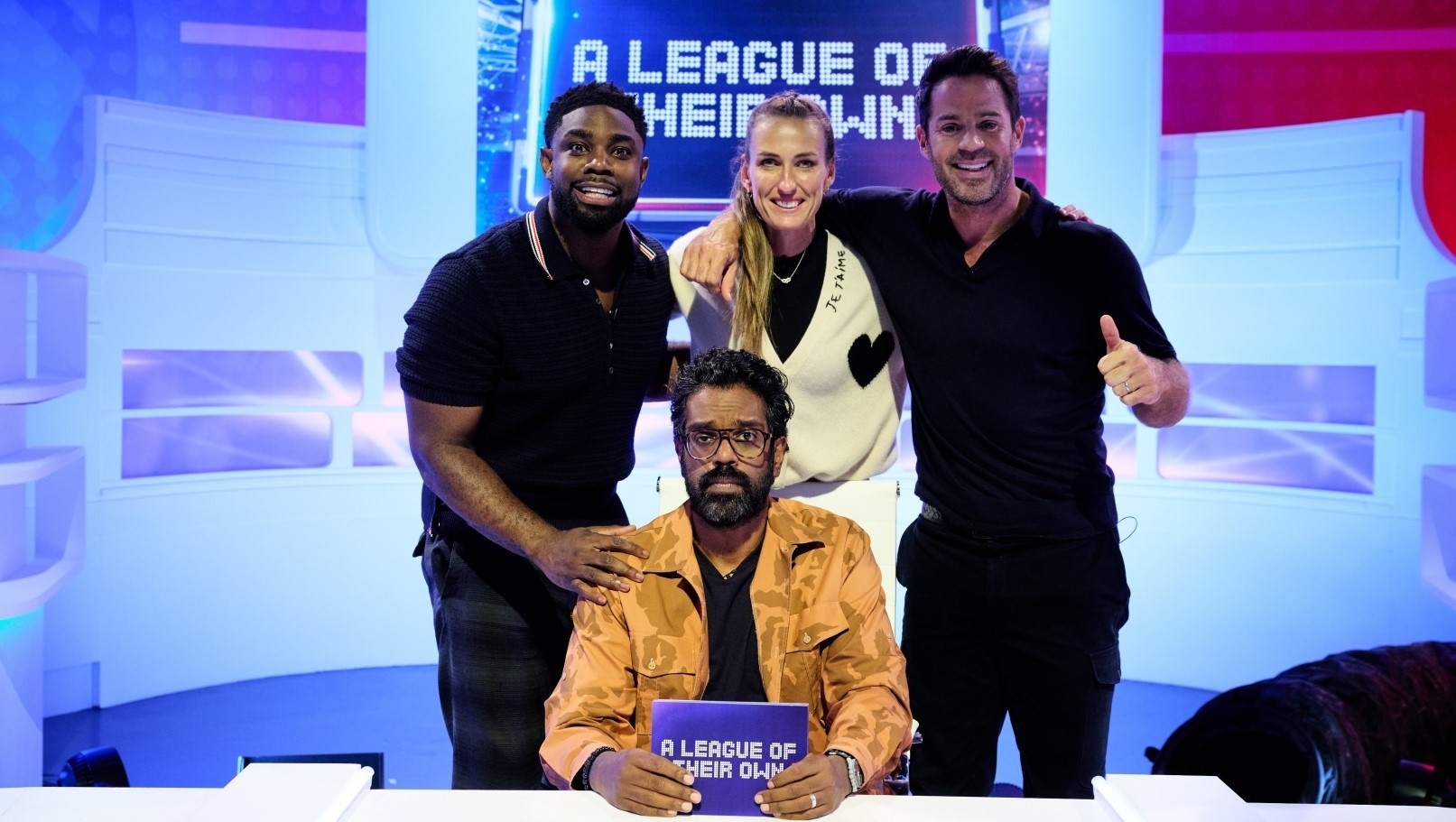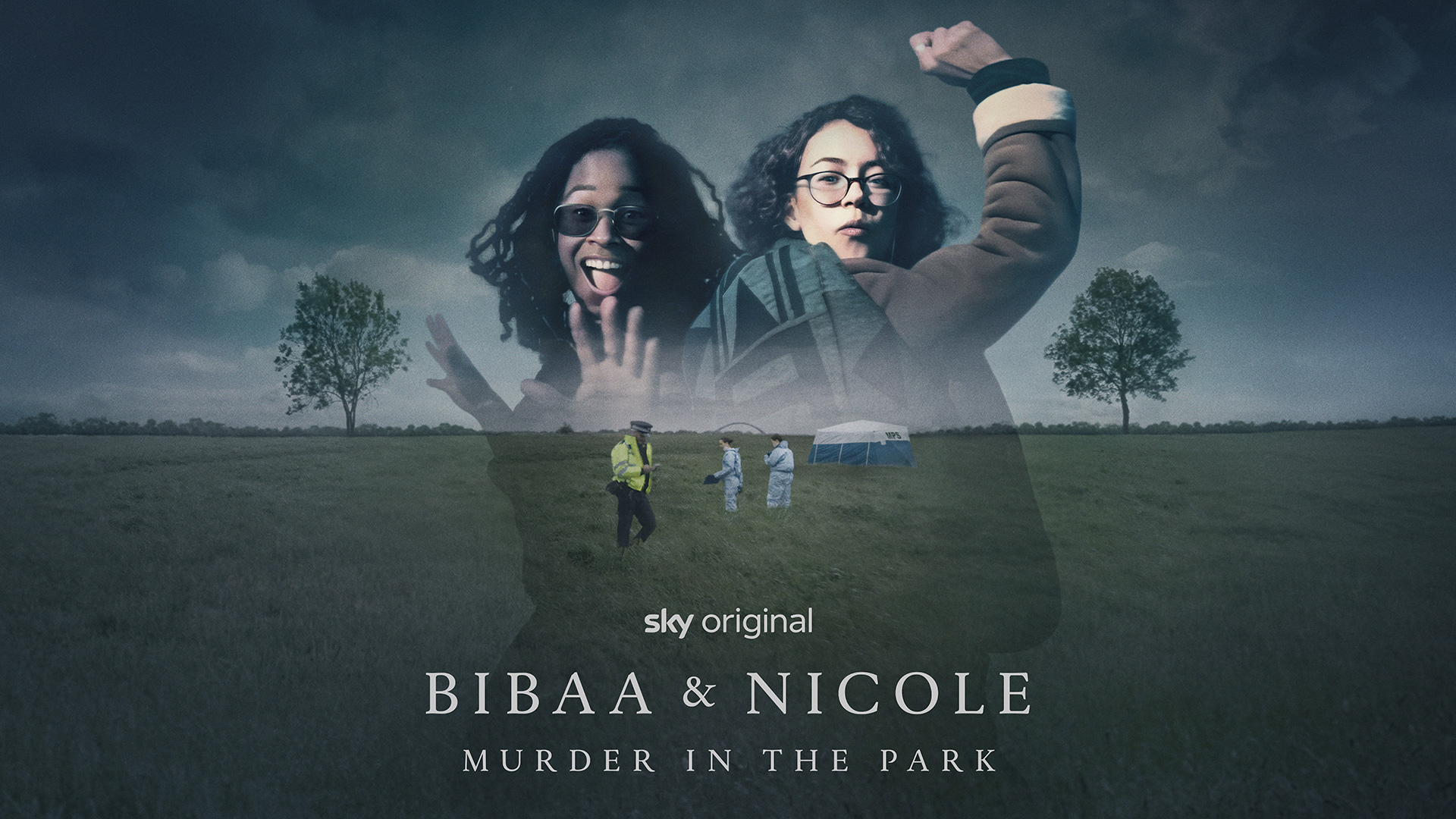Murnaghan 24.02.13 Interview with Harriet Harmon, Deputy Leader of the Labour Party, on Leveson, ageism and sexism
ANY QUOTES USED MUST BE ATTRIBUTED TO MURNAGHAN, SKY NEWS
DERMOT MURNAGHAN: I now want to turn to the Leveson Report and of course the Deputy Leader of the Labour party, Harriet Harman. She’s been looking at the recommendations published by Lord Justice Leveson for press reform, nearly three months ago it all was now but still no sign of an agreement on how to implement the proposals, so why not? Well let’s talk to Ms Harman about that and first of all, just as we were talking about the downgrade of Britain’s credit rating, just as a former Treasury spokesperson yourself, a view on that. Is this a failure for the Chancellor or for the entire government?
HARRIET HARMAN: Well I think it’s a failure for the Chancellor, the entire government and they’ve got to read the warning signs and change course because even if people don’t know all the details of credit ratings agency and AAA rating downgrades, people do know that they are worried about whether their kids are ever going to get that first job, whether they are going to be able to move out of home, they’re watching their standard of living slide back and this is all about the failure of the economy to grow and what the government’s economic policies are doing is actually stagnating the economy. Really this is just another warning sign that the government really should change course. You have had two years now of what’s called flatlining of the economy and it’s hard for people and to see George Osborne on the telly saying this proves I’m right … terrible.
DM: Well we’ll continue that discussion with other former Chancellors a little bit later on but I wanted to turn to Lord Justice Leveson’s proposals nearly three months since they were published and one thing that he said he wanted was cross-party agreement on his proposals. It doesn’t look like that’s happening, what’s going wrong?
HH: Well we want two things. We want Leveson to be implemented, his proposals to be implemented and we want to do it on a cross-party basis. We’ve got to remember where this all started with the terrible things that happened to the Dowler family, the McCann family, the family of Abigail Witchell, who were literally torn apart by the press, completely innocent families whose lives were turned upside down.
DM: Do you think a better regulator would have stopped those happening or haven’t the police moved in and there are criminal investigations in some of those cases?
HH: Oh absolutely, it’s recognised that there was a culture of impunity. There was no proper complaints system so although the press had their own code of standards, they didn’t abide by it because they weren’t properly held to account by it so Lord Leveson, well the Prime Minister set up the Leveson Inquiry and we supported him doing that. Lord Leveson sat for a year, heard evidence and all those victims came forward and talked again about what has happened to them, which was very painful and difficult for them to do but they did it because they want change. Lord Leveson comes out with his proposals which would protect victims in the future and pose no threat to the freedom of the press and the government is just not coming forward on it.
DM: Well it is all about the underpinning isn’t it and the oversight of the body and proposing a Royal Charter, you’re still going for legislation, what is the difference? What would the public notice about the operation of a real regulator with teeth under those different bodies?
HH: Well we think the most straightforward way to do it is through a statute which basically guarantees that there is proper accountability of the press to their own code which is not editors marking their own homework, it’s independent and it’s not tampered with by politicians and everybody could have ready access to it. That’s what Leveson proposed. The most straightforward way of doing that is by an Act of Parliament but the press said they didn’t want this and the Conservatives agreed with the press, you shouldn’t have an Act of Parliament, so they came forward with this rather Byzantine idea of a Royal Charter plus statute. Now it is not the most straightforward way of doing it but because we want to be reasonable and reach agreement and make change for the better, we’ve said we are prepared to look at it and go along with it but only if it meets clear tests because there’s no point in having something which doesn’t bring about the change that’s necessary. So I think really the government has got to stop being pushed around by some aspects of the press to …
DM: Is that what you think is happening, the Prime Minister has got cold feet?
HH: Yes and I think he’s been pressurised to water it down but actually what he should do is that actually he’s got an opportunity, we all have, to put right something that has been wrong for decades and now is the moment to do it. Actually we are ready to reach agreement, we will bend over backwards to agree something where we can all be in the same position on it but if we can’t reach agreement we know from the House of Lords that they are very keen to see change and I think it’s the same in the Commons.
DM: Because there’s a defamation bill going through the Lords at the moment with amendments which amongst other things would recommend some kind of prior restraint, i.e. something which Max Mosley, who is coming on the programme a bit later has been talking about for a long time, stories being put to individuals or organisations concerned before publication, giving them a chance to intervene. What do you think about that?
HH: Well no, it doesn’t actually propose prior restraint, we would not have supported it if it did and actually Leveson would have never proposed prior restraint. All he’s saying, and this is quite a technical thing, is that if you get this independent self-regulatory body, that basically if a newspaper wants to go in advance to them and say look, we’re planning to publish this without putting it to the person who it’s about, what guidance can you give us? Then if they give guidance saying yes, go ahead and do it, then afterwards if they get into trouble legally, they can use that but they don’t have to.
DM: It is quite technical.
HH: Sorry …
DM: Well I asked the question.
HH: But we are against prior restraint, we would not support that and I don't think anybody in the Commons would either but they do want Leveson to be implemented and now’s the time to get a move on and do it.
DM: Talk to me about older women in television and public life, a commission you’re sitting on. We all know about the discussion about the number of women, particularly after they hit their 50s, who are appearing on television. Do you think the situation, and in public life as well, the situation seems to be getting worse not better in your analysis?
HH: Well I think that basically what’s happened is we’ve got a generation of women who are now in their 50s and 60s whose lives have been completely different from their mothers, they have worked as well as bringing up children, they’ve got educational qualifications and then their children leave home and are independent, these women regard themselves as being absolutely getting into their stride in their prime and suddenly they are told, sorry you’re too old. I think there is a combination of age and sex discrimination which doesn’t apply to younger women, although they obviously still struggle with balancing work and family, it doesn’t apply to older men. As you move into your prime, which you have not yet achieved, people will think all your wisdom, all your experience, that that is really worth something but if you’re a woman it would be like the clock is ticking away, should we be getting somebody younger in.
DM: Apply that to the row that played out in many of our newspapers especially about Hilary Mantell’s comments about the Duchess of Cambridge. What she was saying, we all understand, was a rather learned and erudite analysis of royal females over the ages but she got it in the neck, in particular in a lot of the popular press, and some of the criticism veered into the oh well, you’re older, you’re not as good looking as Kate Middleton and you’re just jealous. What do you think about that?
HH: Well I think that if you look at what Hilary Mantell said, she is a literary historian, a great novelist whose subject is royalty and power and therefore she has got a particular academic and studious and very thoughtful, intellectual view of this and she talked about it in relation to Kate Middleton and I think that the press reaction was not nuanced, intellectual, sophisticated, historical, didn’t kind of go along with it and I think they have just stirred it up in a way that she never intended.
DM: But particularly the stuff, and we’ve all read the comments, that commented about her appearance and her age, it’s happened to Mary Beard as well hasn’t it, the historian.
HH: But she was talking about how the press treat women in the public eye and how they become representative of …
DM: But what I’m saying is what do you think about the way that the press then treated those older women in the public eye, Hilary Mantell, Mary Beard?
HH: Well I think that there is a lack of recognition that actually women’s value is not just during their reproductive years or just what they look like. It’s just a bit of an old fashioned attitude and there is a whole new generation of older women who don’t fancy the idea that they are written off and regarded as past it because they are past 60. There is quite an angry movement out there, we have got a Commission on Older Women, and actually the economy loses out, public life loses out as well as it being unfair and discriminatory so I think there has been a lot of change over the last few decades but there needs to be more change, especially in relation to this combination of ageism and sexism.
DM: And part of this discussion, the other end of the age spectrum, are you heartened by straws in the wind that Page Three may be being got rid of or toned down at the very least? We’ve been seeing some tweets from Rupert Murdoch with interest on this issue.
HH: Well I think the idea that the best women can hope for in 21st century Britain is to appear in their knickers on page three of a newspaper, I mean it is absolutely ludicrously old fashioned, completely out of date and the idea that Rupert Murdoch is the one that decides how women are represented in this country, I think it’s long overdue that it was ditched basically. Would you want your daughter to be on page three?
DM: No. Okay, Harriet Harman, thank you very much indeed.




